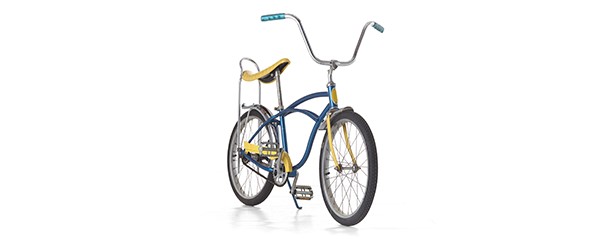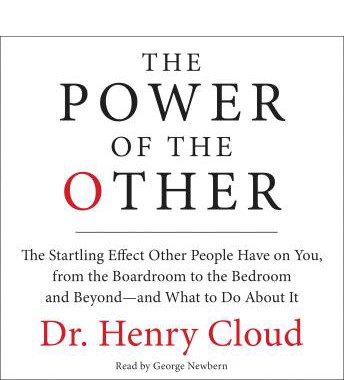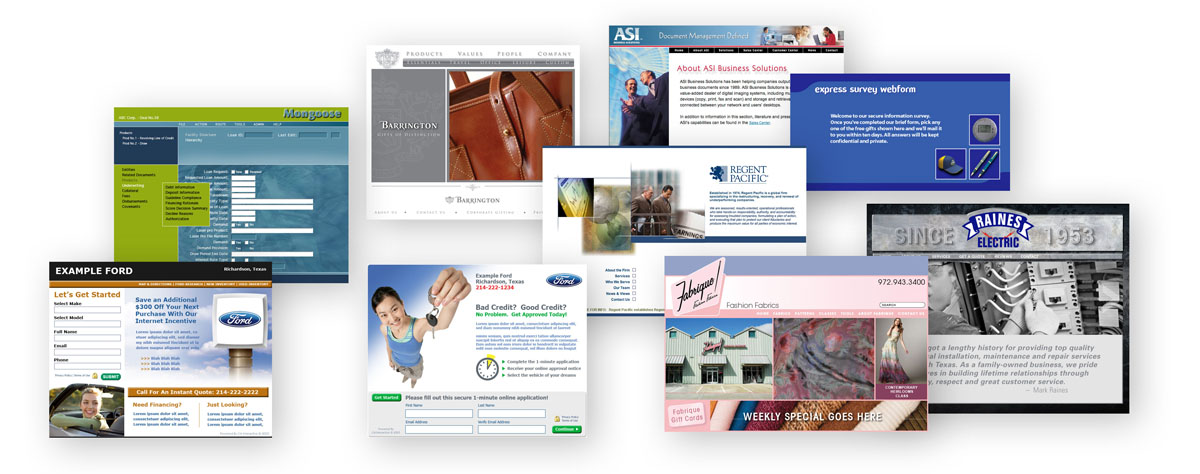The Curious Case of the Purloined Velocipede

The Curious Case of the Purloined Velocipede
Every good story has at least two main characters — the protagonist and the antagonist — as well as an object of contention. There are also a cast of supporting characters. Let’s say that you and I are those two main characters. I’ll let you be the protagonist while I play the bad guy, and let’s say the object of conflict is your prized possession, a shiny new Schwinn Stingray bicycle.
The Setting
It’s a Saturday evening in the Summer of 1966 and as is customary, your father has dropped you and several neighborhood friends off at the community center swimming pool a few miles from your home. An hour later, while working in his garage, your father notices me (the bad guy) snatching your bike out of your yard, and vigorously pedaling away on it.
The Supporting Character
Now, as far as plotlines go, your father could have jumped in his truck, chased me down, and run me off the road. However, that would have likely damaged the centerpiece of our story so he didn’t take that route. Alternately, he might have said to himself, “That kid’s got some serious boundary issues,” and he would have been right. He could easily have expanded that thought to, “People like him (insert race, ethnicity, religion, political leaning, sexuality) are nothing but thieves who steal from people like us.” At that point, your father would have been edging up on full-blown bigotry and vying for the antagonist spot in the story. Your father wasn’t that guy.
The Protagonist
When you returned home to learn I’d stolen your bike, you might have thrown your hands up and declared, “Why me? I never did anything to him. I’m just an innocent victim.” You might have even thought, “People like yourself (insert race, ethnicity, religion, political leaning, sexuality) are always the victims. Fortunately, this was 1966 when Mr. Marx’s philosophy of oppression and victimhood hadn’t yet trickled down to the public school system, so you probably just wrote it off as a mean kid stealing your bike.
Outcome
What actually happened is that neighbors still talked to each other back then, and as luck would have it, your father knew my father even though they lived blocks apart and ran in different social circles. Landline telephones were faster than a speeding bike thief, so your father simply called my house and had a chat with my father, after which, I got a serious whipping and had to return your stupid bike and apologize to your grouchy father — all this, while privileged little you were still off enjoying the public swimming pool. Oh wait! Scratch that last line. That “privileged” concept hadn’t entered our vocabulary by then either. (period-correctness is essential to any story.)
Historically Correct Outcome
If this story happened today, you would be expected to go on social media and rage about the unfairness of it all. After all, people like you are always being victimized by society. I too would be expected to rage about the unfairness of it all since privileged people like you always take advantage of vulnerable people like me.
But since this story took place in a previous era, your father scolded you harshly and impounded your prized possession for a week because you’d carelessly left it laying in the side yard where it could be easily stolen. You actually learned a lesson in responsibility. Meanwhile, you already saw my father’s reaction. Mr. Marx was rolling over in his grave and biding his time.
Moral of the Story
Life is never fair. Wallowing in life’s inequity only deepens the cultural abyss that charlatans have baited us into. If we ever hope to regain our personal dignity, the first and most painful step is to stop using our victimhood to rationalize our own hate and bitterness. The second, and only slightly less painful step, is to take responsibility for our own part, however small it may be, and begin helping each other climb out of this hole.
 Email me at guy@lawsoncomm.com. I’ll buy you coffee and we can trade ideas. Who knows? Maybe we will even discover something we didn’t already know.
Email me at guy@lawsoncomm.com. I’ll buy you coffee and we can trade ideas. Who knows? Maybe we will even discover something we didn’t already know.
![]()
This is not anything yet. It all depends on what you do with it, afterward.
— William Faulkner

Did someone forward this newsletter to you after reading it themselves? Don’t settle for that!
CLICK HERE
to get a fresh, unused copy of this newsletter sent directly to you every Sunday morning. If you decide it stinks, you can always unsubscribe.
The Power of the Other
— Dr. Henry Cloud

Yeah, I’ve recommended this book before and I’ll probably recommend it again. The bottom line is that we are so mesmerized by our own excuses that we’re virtually powerless to change. The solution is to surround ourselves with the right kind of people — faithful friends who hold us accountable and genuinely seek our good. Who knows? We might even become one of those powerfully positive “others” to someone in need.
A meeting of great minds who think alike












